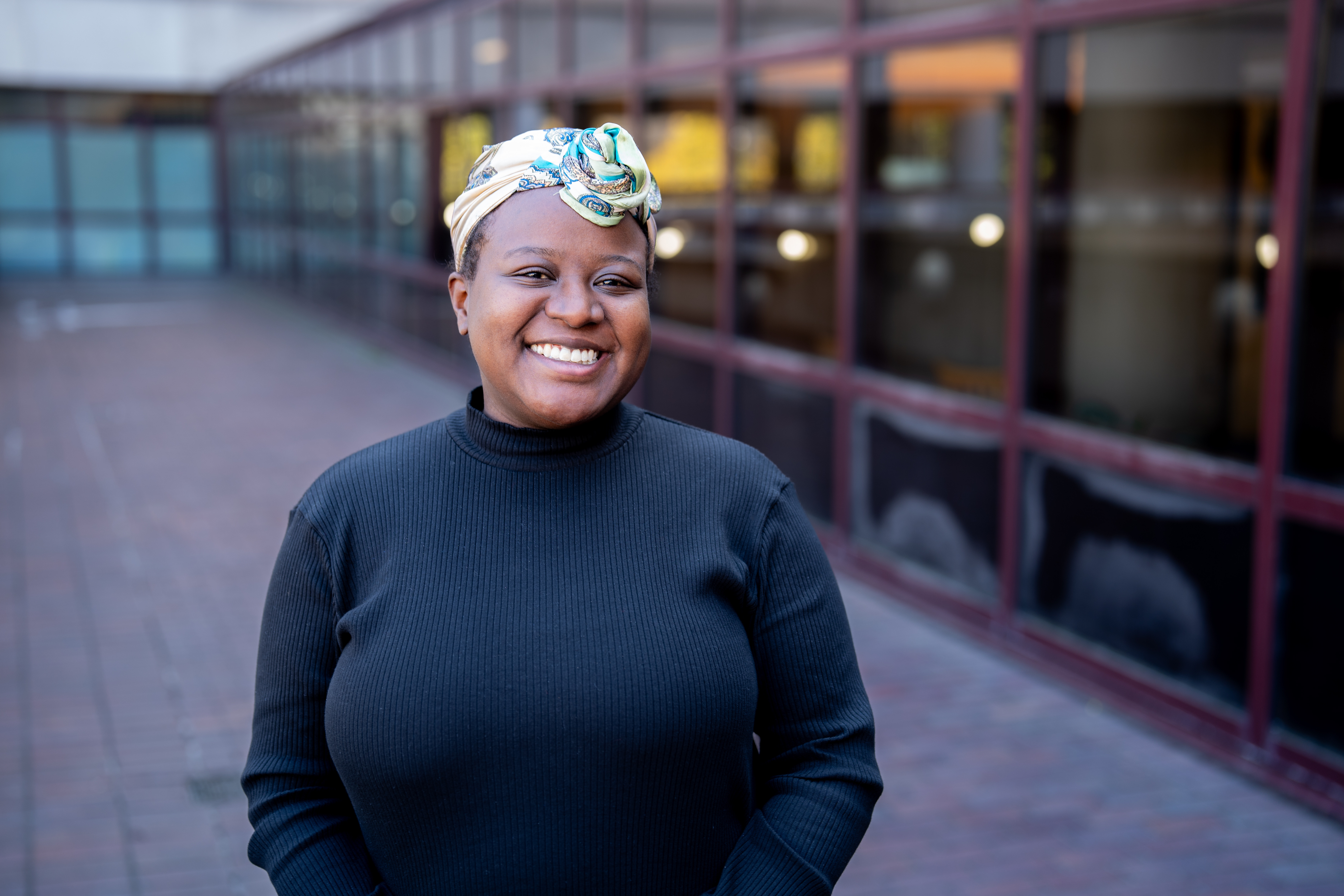
Throughout the month of February and in celebration of Black History Month, we are excited to feature—via the Macy Notes blog—the stories, experiences, and voices of learners who are underrepresented in the health professions. Spanning medicine and nursing, and representing various points in the continuum of education, these contributors share their reflections on how the accomplishments and contributions of African Americans in the health professions have affected their own personal and professional lives—and how they will carry this legacy forward. This year’s Black History Month theme is “African Americans and the Arts,” and so it is most fitting that we are able to share these thoughtful and powerful written reflections with the Macy community.
By Claire Oduwo, MD
Psychiatry & Behavioral Sciences Resident (PGY-3)
University of Washington
I am currently in residency training to become a psychiatrist, which means I will have the honor of joining the 2% of psychiatrists in the United States who are Black. Growing up in the Midwest, I never met a Black doctor, let alone a Black psychiatrist. As with many other health professions, we have some work to do in recruiting Black doctors and retaining them in spaces where representation is needed. I believe one of the main ways to do this is to make medical training a safe and inviting environment for all people. At my institution, I currently serve as the president of our resident union, which represents about 1400 resident doctors. This position is something I cherish because in this role, I can advocate for people like me. In medical training, representation and advocacy matter, especially for Black doctors who make up a small minority of trainees and are often too afraid or outnumbered to speak up for themselves. As I continue with my training and future career, I want to be that person who will continue advocating for people like me, creating space and opportunities for them, and acknowledging those who came before me.